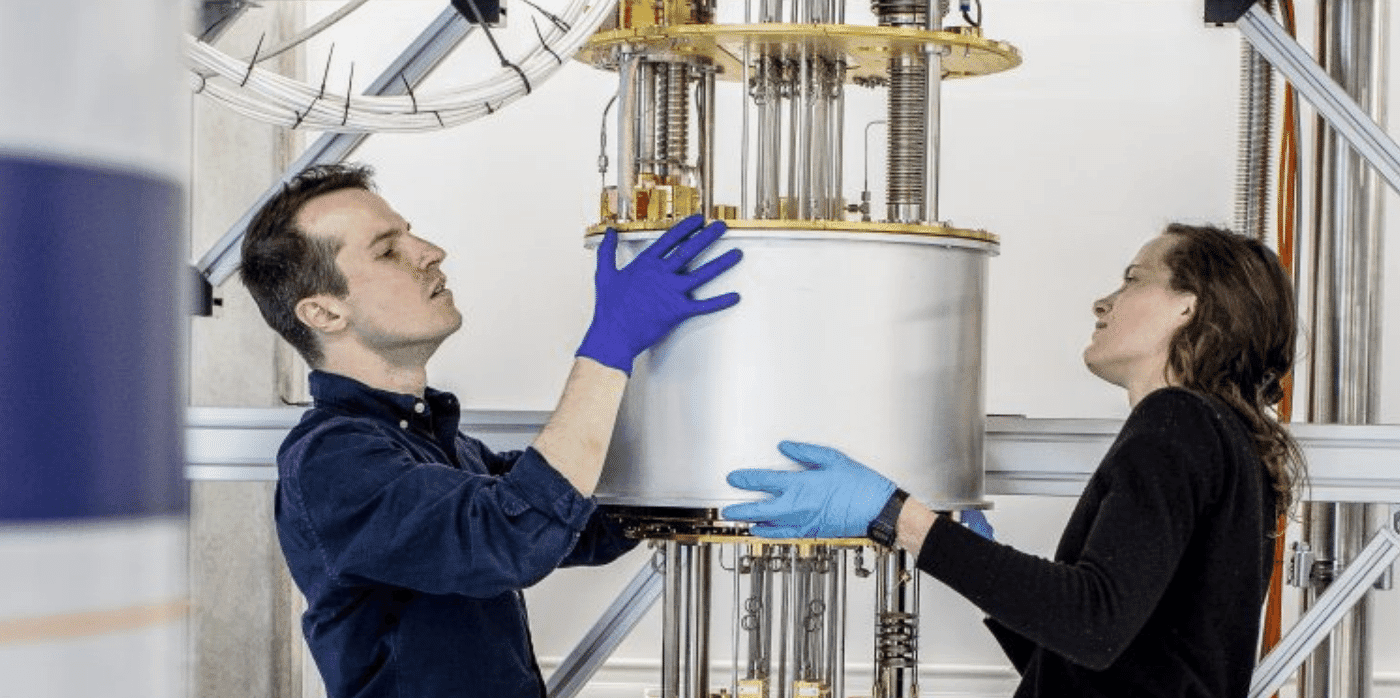Quantum computing turbocharges investments – Springwise

Spotted: Quantum computing is an early-stage technology that offers far higher processing speeds than even the most advanced conventional supercomputers. This represents an extraordinary opportunity for business, with McKinsey forecasting that quantum computing could capture nearly $700 billion (around €642 billion) in value by 2035. However, today’s quantum computing hardware is still underdeveloped and largely confined to use by specialists in research labs.
Spanish startup Multiverse Computing is already looking to change this.
The company has developed a software-as-a-service platform – called Singularity –that provides non-specialist employees with an intuitive interface that connects to quantum computers on the Cloud.
Today’s quantum computers are most advanced when it comes to problems that involve optimisation, and Singularity’s first use case is in financial services. Employees in the sector can use Singularity to maximise returns from their investment portfolios through a plugin added to a regular Excel spreadsheet.
Users input data, such as the expected returns and volatilities of different financial assets, and set parameters such as the total amount to be invested. This information is pre-processed by the software to determine the best algorithms and quantum computers to use. The data is then sent to the computing hardware and the results are returned to the user in an easy-to-understand format. In a matter of minutes, Singularity can identify the optimum allocation of assets in a portfolio, delivering higher returns than industry standard solvers for any given risk level.
The Singularity platform enables companies to gain some of the promised benefits of quantum computing immediately, even though quantum computing hardware remains in its infancy.
Quantum computing is only just starting to reveal its full potential. In the archive, Springwise has also spotted it being used for cybersecurity and to tackle the climate crisis.
Written By: Matthew Hempstead


